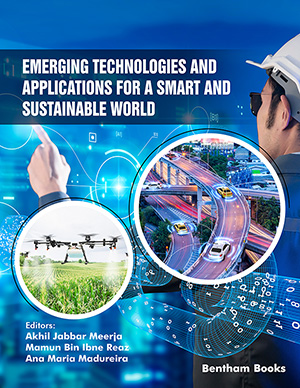Abstract
Organic wastes of cellulose or sugar materials are abundant. Their treatment or disposal is a big issue worldwide. To reach the treatment purpose, using a two-phase biohydrogen and biomethane production technology has been found to be effective for environmental protection and energy production. In this work, the feedstock characteristics, H2/CH4 producing microorganisms, process design, system operation strategy, energy and economic assessments are reviewed for fermentative hydrogen and methane productions from organic wastes. Wastewaters, liginocellulose and algae are potential biogas production feedstock. Two-phase of hydrogen and methane fermentation processes are well introduced for effective gaseous energy production. Clostridium is known as a dominant microflora for hydrogen production. Optimal control of hydraulic retention time, operation pH and temperature efficiently enhance biogas production. Energy assessment indicated that energy recovery efficiency is feedstock-dependent with sugary wastewater having the energy recovery of a hydrogen fermenter reached 50-60% of that of methane fermenter. A field plant of two-phase biofuel gas production process was introduced for elucidating on-site application of the technology. The economic analysis case study of condense molasses feedstock for a two-phase H2/CH4 production system showed that the internal rate of return (IRR) and payback were 32.5% and 3.2 years, respectively. Therefore, sugary wastewater is a potential feedstock for hydrogen and methane fermentation in future industrial application. Moreover, the ways of accelerating the realization of hydrogen economy for helping to solve global climate change were suggested.
Keywords: Biogas production, organic wastes, two-phase fermentation, energy analysis, economic assessments.
 54
54 3
3 1
1

















